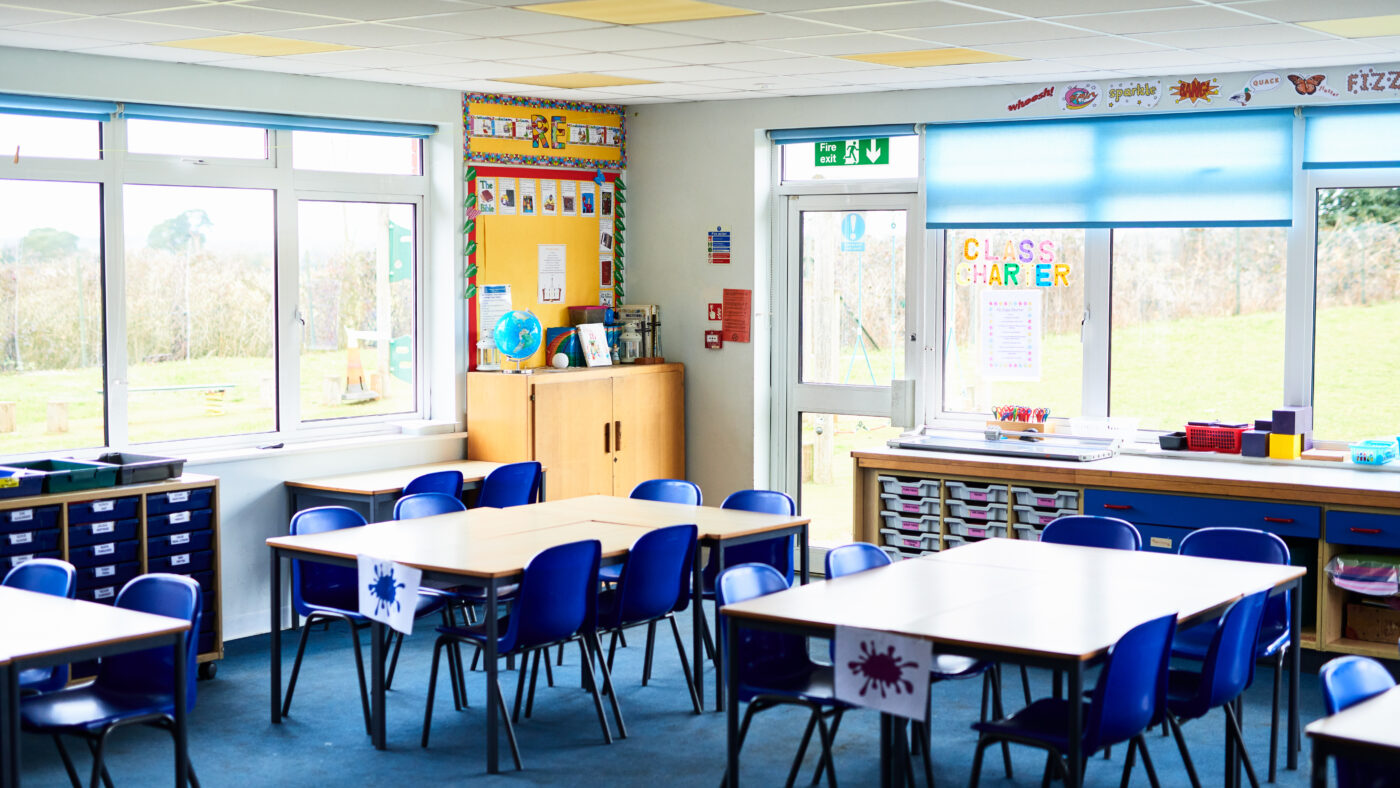When the word ‘academy’ is uttered, many on the left shudder as visions of unaccountability and the marketisation of education spring to the fore of their mind. However, the reality is profoundly duller than those who demonise the system would like to admit.
Academies were the brainchild of New Labour adviser and later peer, Andrew Adonis, and were introduced as part of a raft of reforms aimed at raising standards in some shockingly underperforming LEA-run schools. This then morphed into the current system with the growth of the Multi-Academy Trust (MAT) model, in which groups of schools band together under a central office.
Academies were originally attacked as removing accountability to the local community and replacing it with a centralised model, an attack which intensified with the compulsory academisation for failing schools introduced by Gove under the coalition government.
Now, with academies being over 20 years old and having survived seven prime ministers, their numbers stand at over 40% for primary schools and 80% for secondaries as of June 2023.
With a potential change of government at the next election, the question then becomes, what is next for academies policy in England?
In the event that we see the Conservatives retain power, there is no indication from them that there will be a Damascene conversion on 14 years of education policy.
However, what is more interesting is what the other two parties are saying.
Labour have made clear that although they may not be flag-waving zealots for academisation, they realise the practical case for its reversal is weak. With 4 in 5 secondaries in England operating under a form of academised model, the administrative cost of reversing academisation would be a waste when they have clearly set out more urgent priorities, including VAT for the independent sector and a widening of the free school meals program.
Likewise, the Liberal Democrats have had a pragmatic shift on education in the last 18 months, away from some of the post-coalition policies. they have deliberately set out their priorities around free school meals, teacher recruitment and retention as well as improving the extra-curricular offer and tackling the persistent absence of students from schools.
The pragmatic approach of Labour and the Liberal Democrats towards academisation should not be taken to be complete inertia towards changing the system at all. However, both of their focuses are on increasing accountability for the academy system rather than tearing it down.
Interestingly, the centre-left think-tank the IPPR in their recent review into school accountability, talk about academy trusts as school improvement partners, perhaps showing that the broad left want to find a way to make the system work.
Similarly, the Liberal Democrats have proposed ways to improve school accountability through reform of the school inspectorate Ofsted, a marked change from their abolitionist stance of 2016-2019.
This approach leaves those in favour of reversing academisation without any allies within the three main political parties.
The impact of this quiet consensus that the mainstream political parties have built should bring comfort to MAT leaders who have spent 20 years building a range of specialist and successful models for cross-setting collaboration.
However, it should also bring comfort to school administrators that the next generation of DfE ministers will be looking at system refinement rather than system overhaul.
The long-term impact of this is that the academisation program is likely to trundle on and, once fully implemented, will be left alone through the sheer unwillingness of Labour to tackle the logistical monolith that is the academy system.
Arguably, academisation has ushered in not an absence of accountability but a new level of it – that while different, is not necessarily to be sneered at. In introducing a system of school choice, particularly in urban areas, the academy system has allowed parents to take ownership of their children’s education.
Fundamentally, the academisation system will almost certainly survive the next government, and with that become so embedded that reversing it is neither practical nor desirable for any party. Perhaps we shouldn’t be surprised that David Cameron, who once reportedly branded himself as the ‘heir to Blair‘, was so instrumental in securing the survival of the New Labour education legacy.
Click here to subscribe to our daily briefing – the best pieces from CapX and across the web.
CapX depends on the generosity of its readers. If you value what we do, please consider making a donation.


